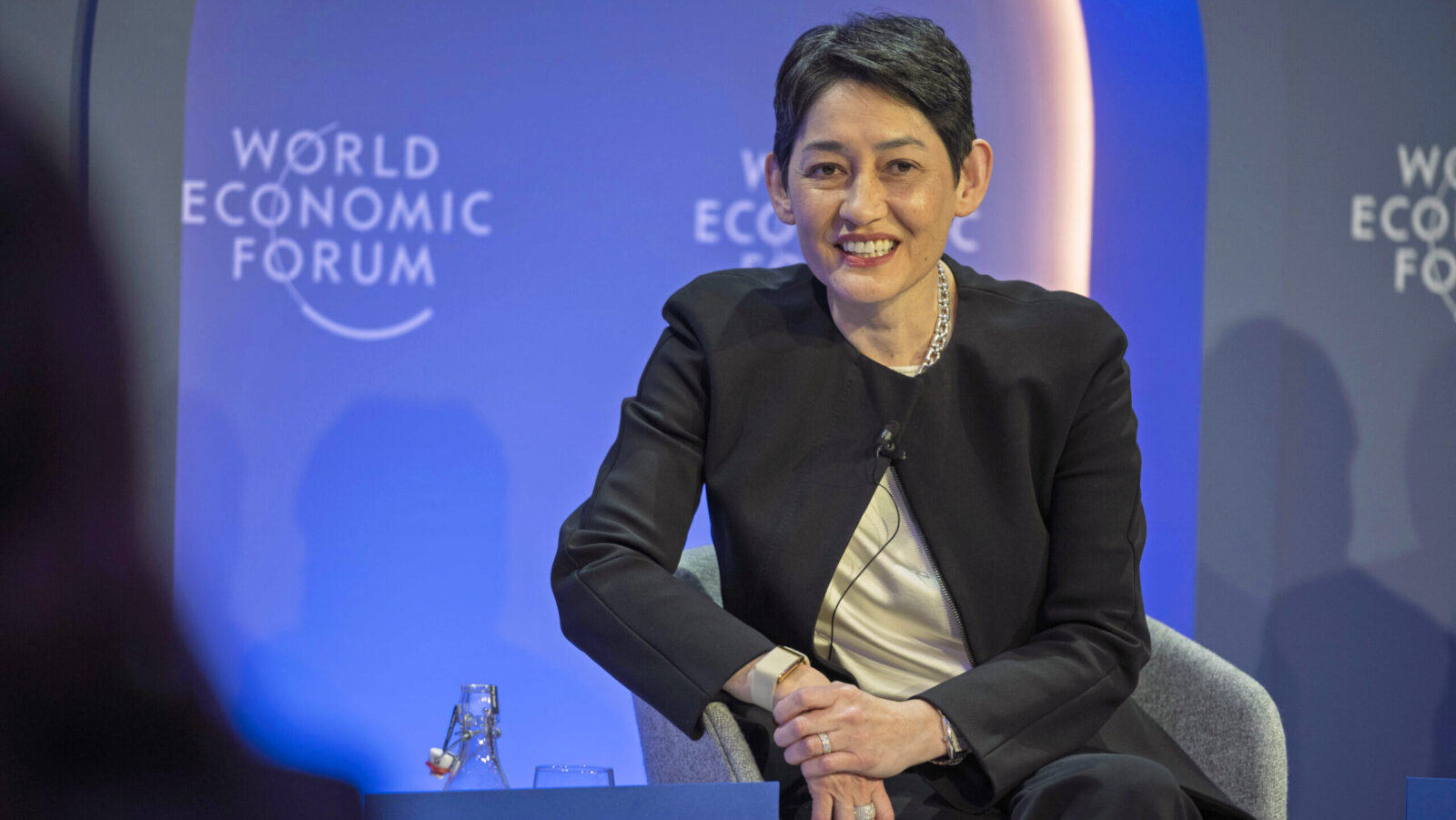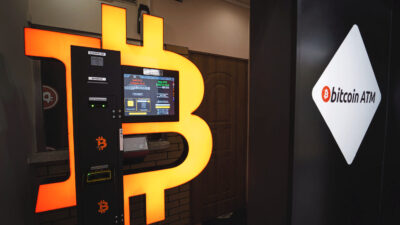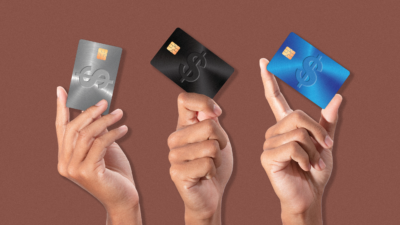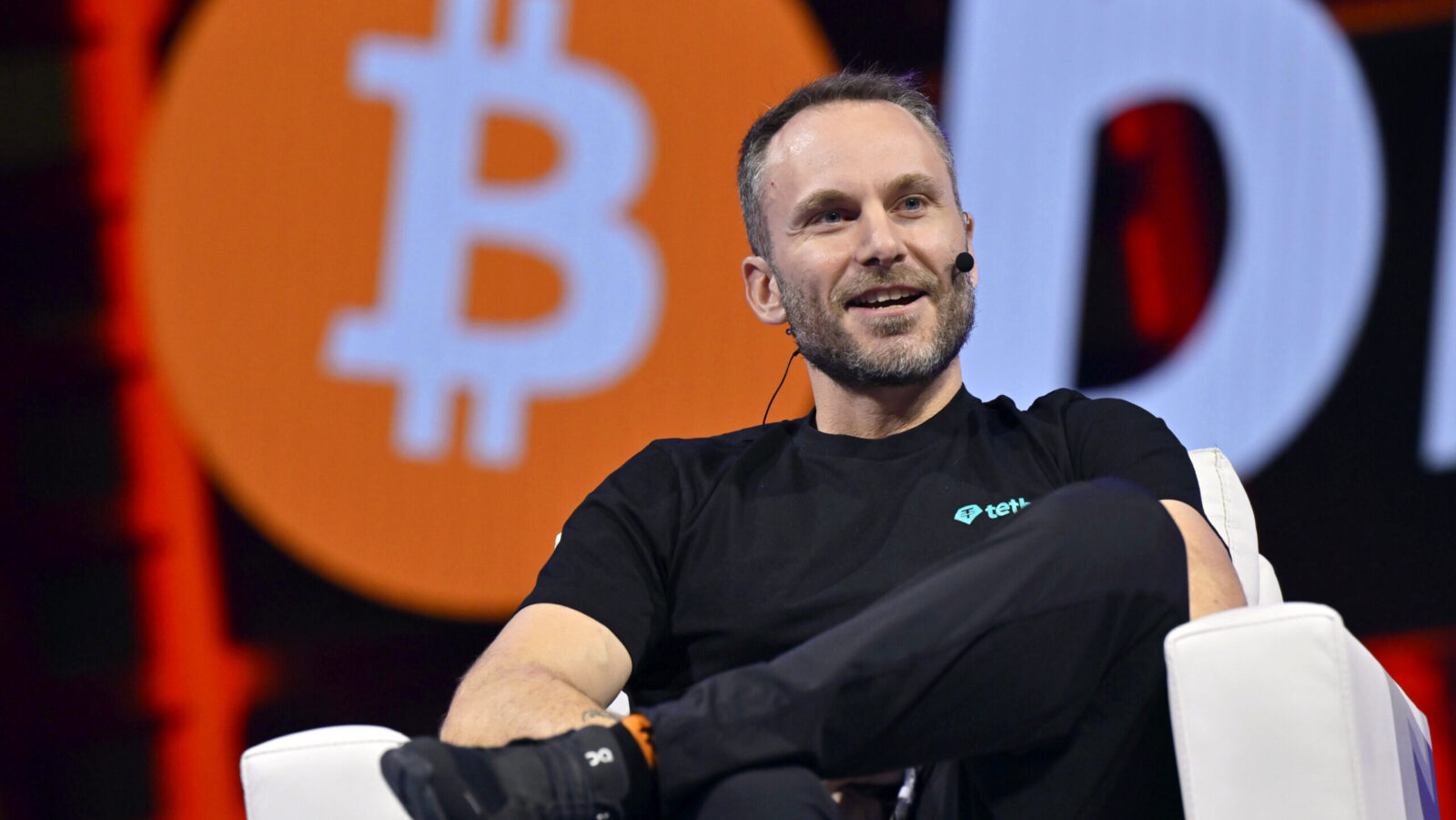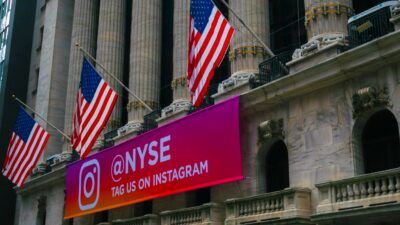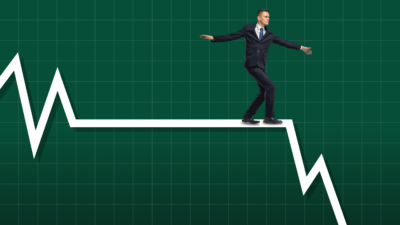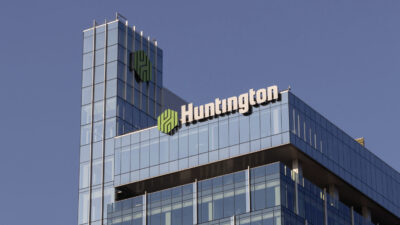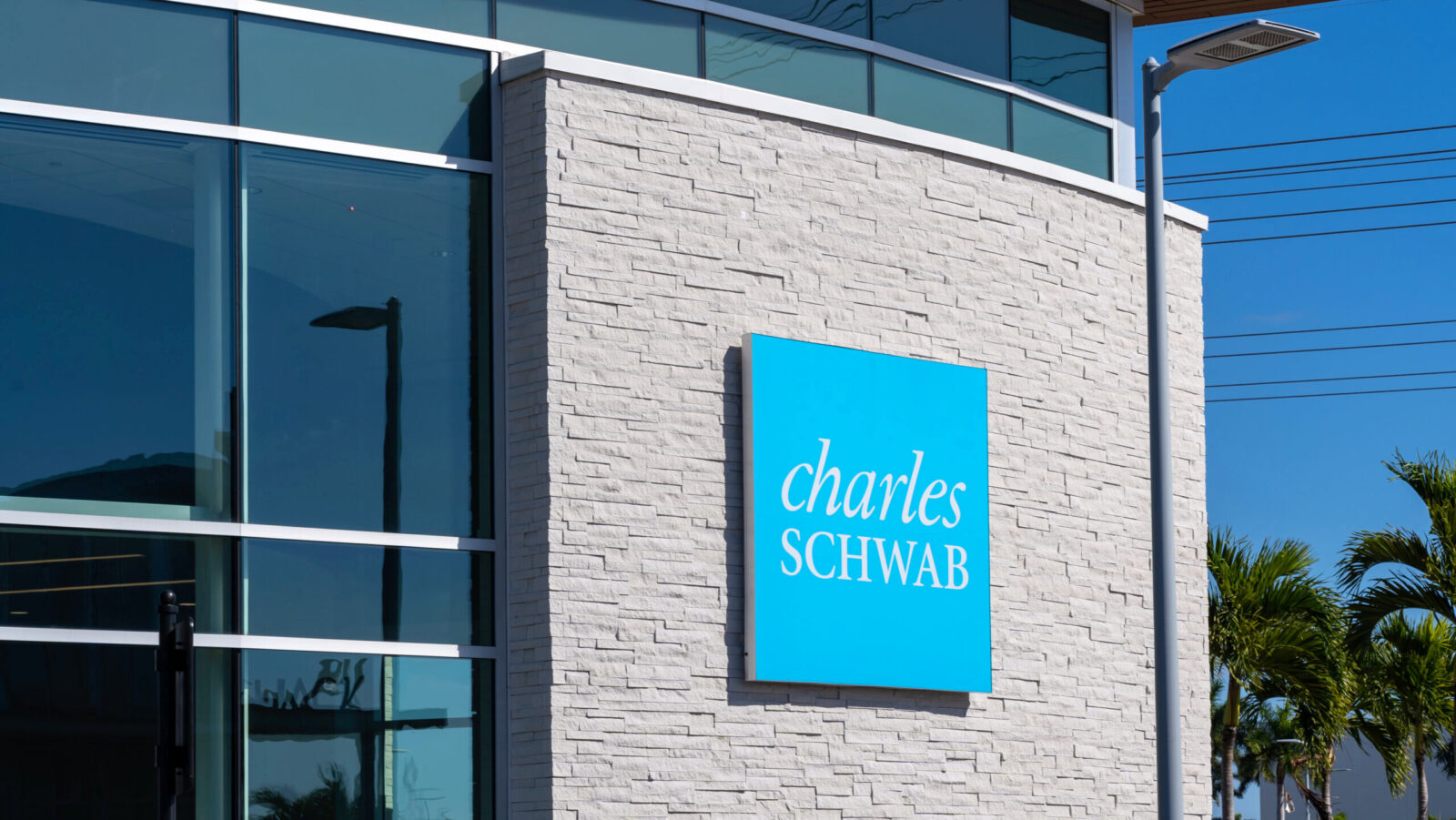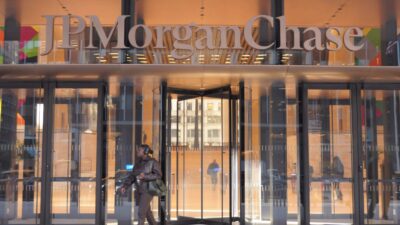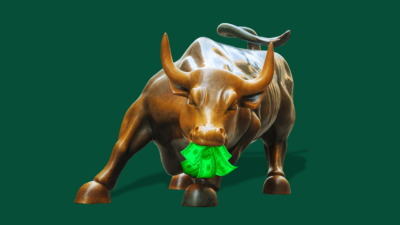Private Equity, Sports and Games Sidestep Frozen M&A Pipelines
Dealmaking among private equity firms and in the sports and video games sectors has gone full steam ahead amid a global M&A freeze.

Sign up for smart news, insights, and analysis on the biggest financial stories of the day.
The wheels have officially come off the deals in 2025. Dealogic data reported by Reuters last week showed global M&A activity in April hit a 20-year low, while the 555 deals completed in the US represented the fewest since 2009.
There are a handful of anomalies but these bright spots — which include private equity, sports and video games — are better described as isolated phenomena than prologue for a wheeling and dealing revival.
The Year of Dry Powder
The slowdown in M&A is not surprising given that the Trump administration’s rollout of tariffs took markets by surprise, both for speed and severity — Federal Reserve Chair Jerome Powell, for one, described the levies as “substantially larger than anticipated” last week. A 90-day pause on those tariffs, minus a trade war with China that cooled over the weekend, has done little to give business owners — and, in the case of M&A, potential business acquirers — clarity on the bills they might have to foot when all is said and done.
That backdrop hasn’t dissuaded everyone. As overall M&A activity tanked, leveraged buyouts in the US by private equity firms rose 25% year-over-year to $46 billion in April, according to Dealogic data obtained by the Financial Times. That figure is almost twice the monthly average of the last three years, led by Thoma Bravo’s $10.5 billion acquisition of parts of Boeing’s software unit. One sector that proved especially resilient in the first quarter thanks to private equity interest, was pro sports: In March, the NBA’s Boston Celtics franchise was sold for $6.1 billion, a North American record, to an ownership group led by STG Partners executive Bill Chisholm. That same month, Sixth Street Partners bought a 10% stake in Major League Baseball’s San Francisco Giants. But these pockets of resilience are due to unique strengths:
- The buyout industry was sitting on a significant $1.2 trillion in unspent cash to start 2025, slightly less than the $1.3 trillion a year earlier, according to Bain and Co. Meanwhile, the value of dry powder held four years or longer rose to 24% of the total, up from 20% in 2022, which suggested some PE firms had struggled to find deals worthy of pulling the trigger. Now, the April figures suggest some have gotten past the point of cold feet.
- For sports in particular, lengthy media-rights deals act as a buffer against market disruption or turmoil, making franchises a sort of safe haven. There’s the NBA’s 11-year, $77 billion deal struck last year or the NFL’s 11-year, $111 billion deal, most of which it can opt out of to negotiate better in 2029. No wonder private equity firms made their first NFL investments in December, with Arctos Partners taking a 10% stake in the Buffalo Bills at a $5.1 billion valuation and Ares Management taking a 10% stake in the Miami Dolphins at an $8.1 billion valuation.
Pokémon Go to the Bank: Aream, a tech-focused investment bank heavily involved in the gaming industry, said in a report last month that M&A in the video games sector totalled $6.6 billion in the first quarter, the most in two years, citing growing private equity interest in the sector. Of particular note was the $3.5 billion sale of Niantic, the developer of Pokémon Go, to mobile games company Scopely, a subsidiary of Saudi-backed video game investment firm Savvy.
